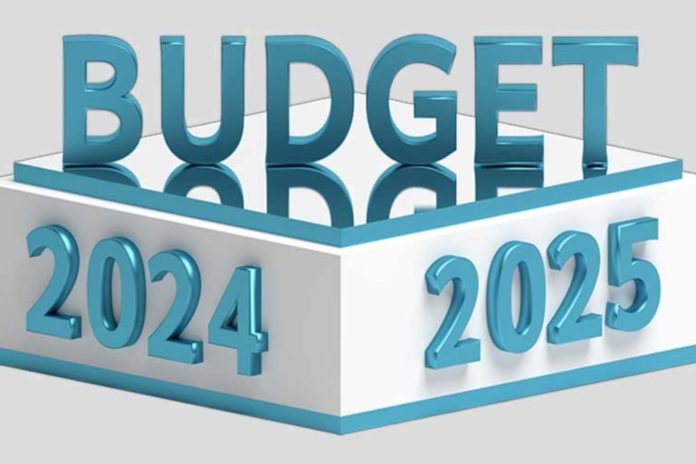The upcoming Federal Budget for 2024-25 is not just a financial document but a crucial indicator of Pakistan’s economic direction and growth. With the previous fiscal year’s growth rate at a low 3%, the lowest in 77 years, and a fiscal deficit ranging between 6% and 7% of GDP, the new budget carries significant expectations.
Income Generation and Fiscal Policies
To address the fiscal deficit, the focus should be on enhancing income generation while cutting down unnecessary expenditures. Broadening the tax base without imposing new taxes or increasing existing rates is essential. Pakistan’s tax-to-GDP ratio is notably low compared to countries like China, Egypt, India, and Malaysia. By broadening the tax base and improving tax collection, the government can boost its revenue significantly.

Tax Structure Reforms
A critical reform is to enhance direct taxes and reduce indirect taxes. Lowering indirect tax rates can stimulate every economic sector, increase savings, and trigger investments, thus supporting higher economic activity. The retail and wholesale sectors, despite being substantial GDP contributors, contribute minimally to the national exchequer. Digitizing transactions and monitoring retail activities through advanced systems like the FBR’s POS system can ensure better tax compliance.
The budget should also focus on increasing growth in key sectors such as agriculture, manufacturing, and social development. Investing in human resource development, education, health, and skill development, especially in the IT sector, is crucial. This investment will drive increased production and create jobs, contributing to a more robust economy.
Equitable Tax Burden
Addressing the tax burden disparity is vital. The salaried class currently bears a disproportionate tax burden compared to other sectors. Rationalizing salary tax rates and reviving tax credits for investments in mutual funds, house building loans, and insurance premiums can alleviate this pressure. This change is necessary to prevent the brain drain, which sees around 800,000 skilled individuals leaving Pakistan annually.

To reduce expenditures, implementing stringent review requirements over staff and operational costs, and setting a recurrent expenditure reduction target of 10%, can generate significant savings. Introducing measures to constrain pension spending growth and optimizing budget allocations for pensions can also help manage fiscal expenditures better.
Guidelines for Effective Budgeting
For an effective and sustainable budget, the government should adhere to several guidelines. Defining priorities, involving stakeholders, relying on actual data, and maintaining transparency are crucial. Clear communication of budget decisions can promote trust and accountability, ensuring the budget reflects community needs and priorities.
The Federal Budget 2024-25 must focus on broadening the tax base, reforming the tax structure, investing in key sectors, and managing expenditures efficiently. These measures are essential to reduce the fiscal deficit, stimulate economic growth, and create a sustainable financial future for Pakistan.
Stay tuned to Brandsynario for latest news and updates.












































